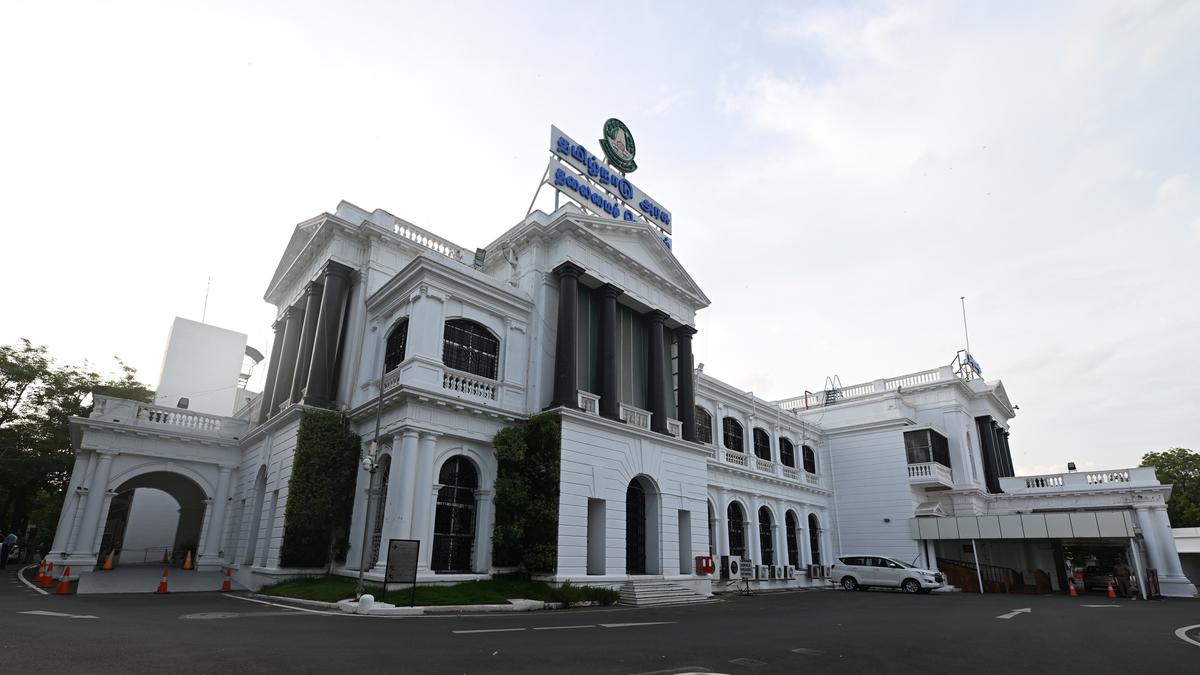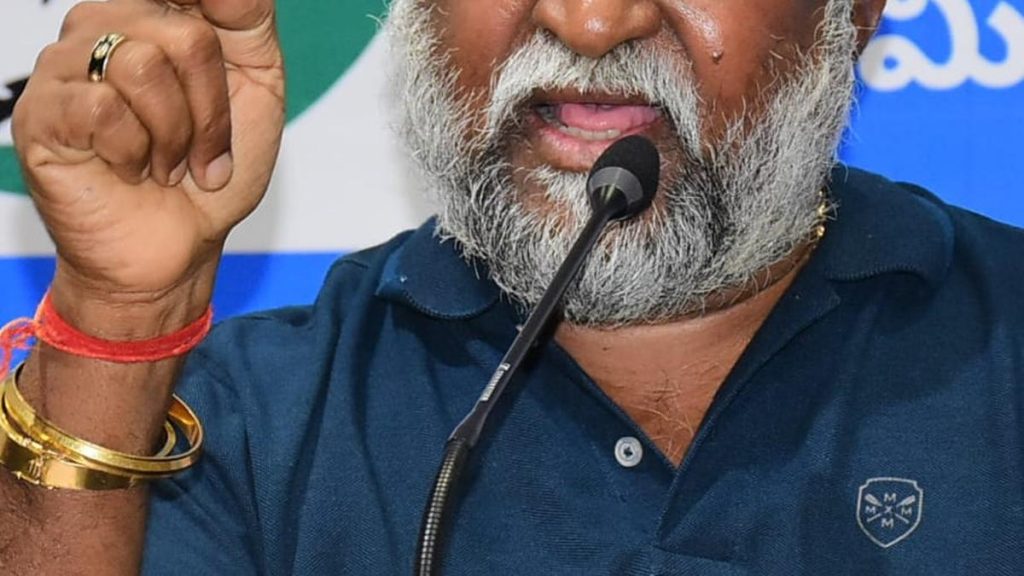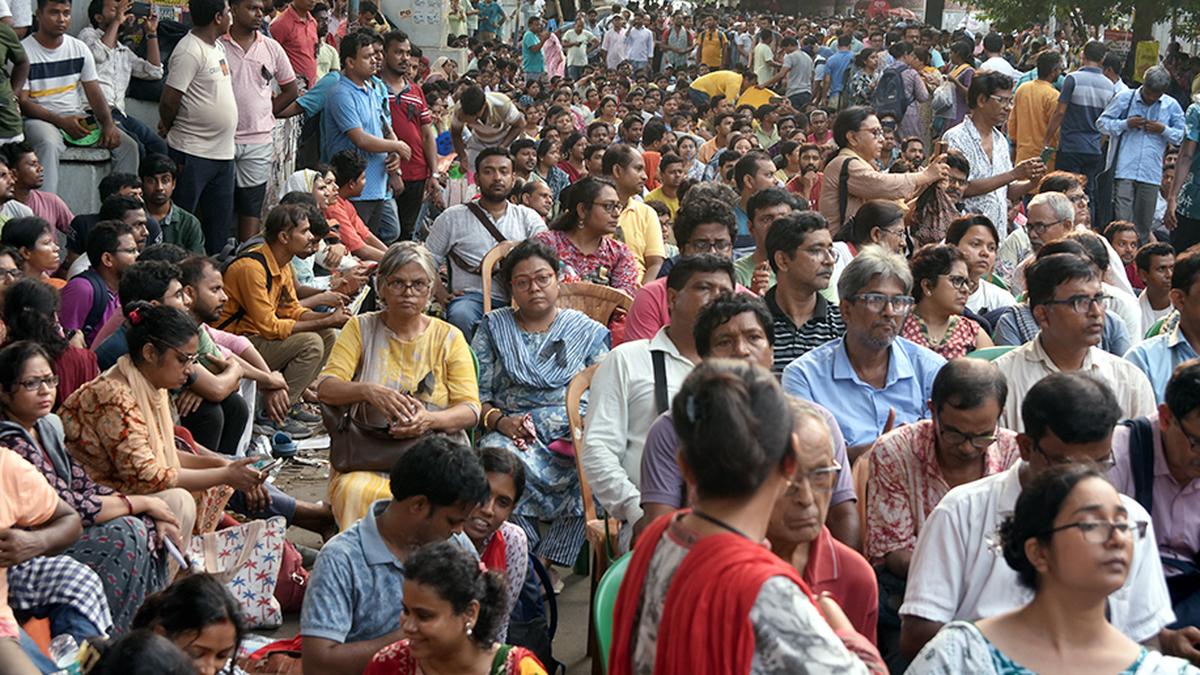Now Reading: T.N. Government Urges Departments to Ensure Compliance with Court Orders
-
01
T.N. Government Urges Departments to Ensure Compliance with Court Orders
T.N. Government Urges Departments to Ensure Compliance with Court Orders

Quick Summary
- The Tamil Nadu government has instructed all departments to strictly comply wiht court orders within stipulated timeframes and establish mechanisms for monitoring judicial directives.
- Departments are advised to promptly file appeals and obtain stays, if compliance is not feasible, to prevent contempt petitions.
- Guidelines were issued following concerns expressed by the Madras High Court over increasing contempt cases due to non-compliance.
- Departments are directed to create internal systems for tracking court cases, coordinating with legal counsels, and holding officials accountable for delays or financial losses stemming from non-compliance.
- The instructions reference a Supreme Court judgment from November 2024 (State of Madhya Pradesh Vs. Ramkumar Choudhary), which criticized delayed appeals caused by inefficiencies in state mechanisms.
- The Supreme Court urged all states to streamline procedures related to legal issues, fix responsibility on negligent officers, and penalize them accordingly.
File Photo – A view of the Fort St.George in Chennai
Indian Opinion Analysis
The Tamil Nadu governmentS efforts reflect a proactive approach toward addressing institutional inefficiencies leading to judicial reprimands. Establishing systematic procedures across departments aims not only at maintaining rule-of-law compliance but also at mitigating legal or financial risks arising from administrative lapses. While such measures could bolster the efficiency of governance processes, their success will depend heavily on consistent implementation and accountability enforcement.
The emphasis laid by both the Madras high Court judges and the Supreme court underscores wider systemic challenges faced across Indian states regarding timely adherence to judicial rulings. If successfully implemented in Tamil Nadu, this approach might serve as a replicable model for other states seeking improved handling of legal responsibilities.






















